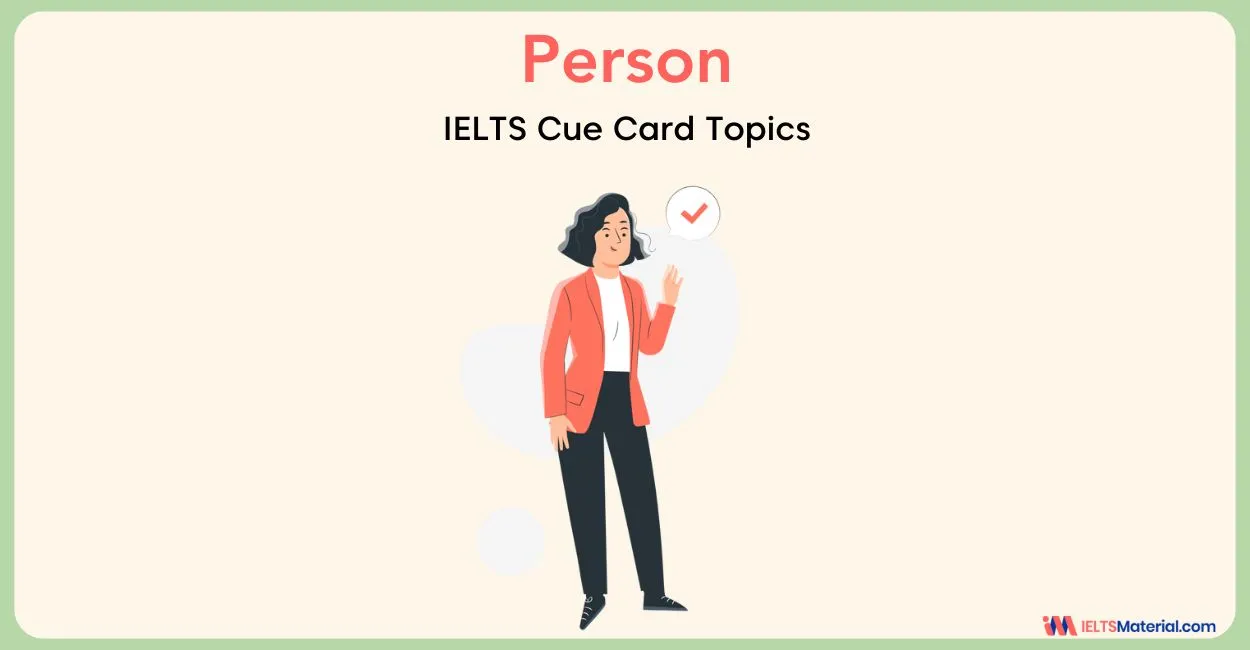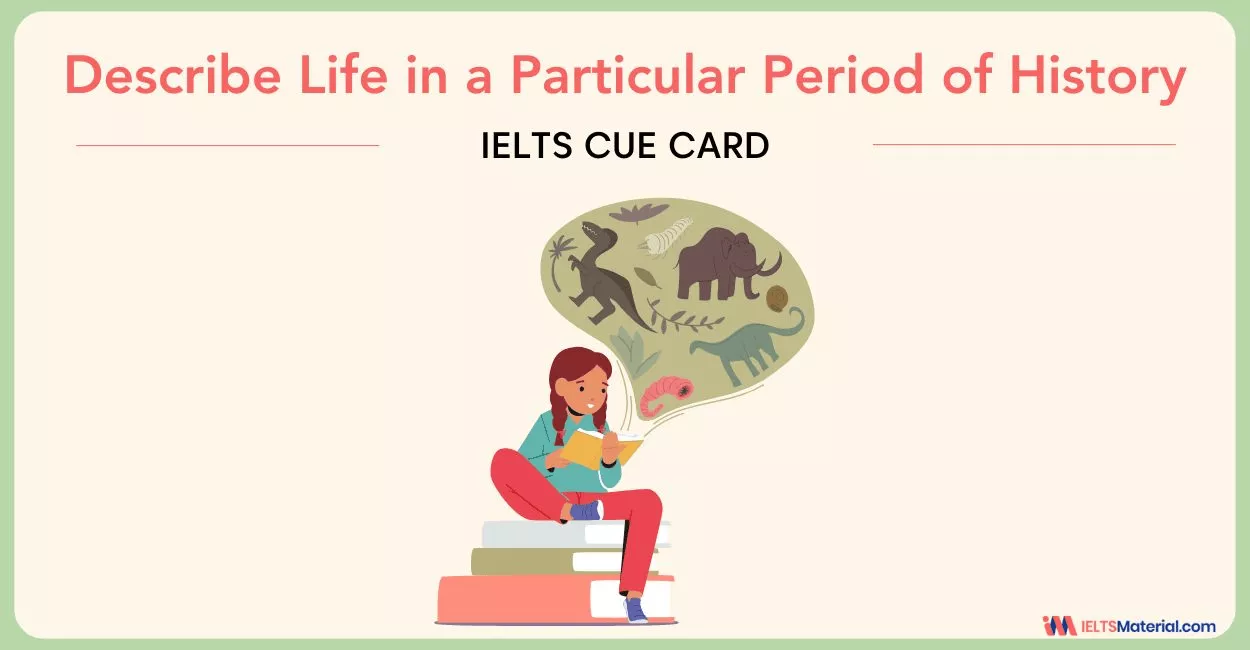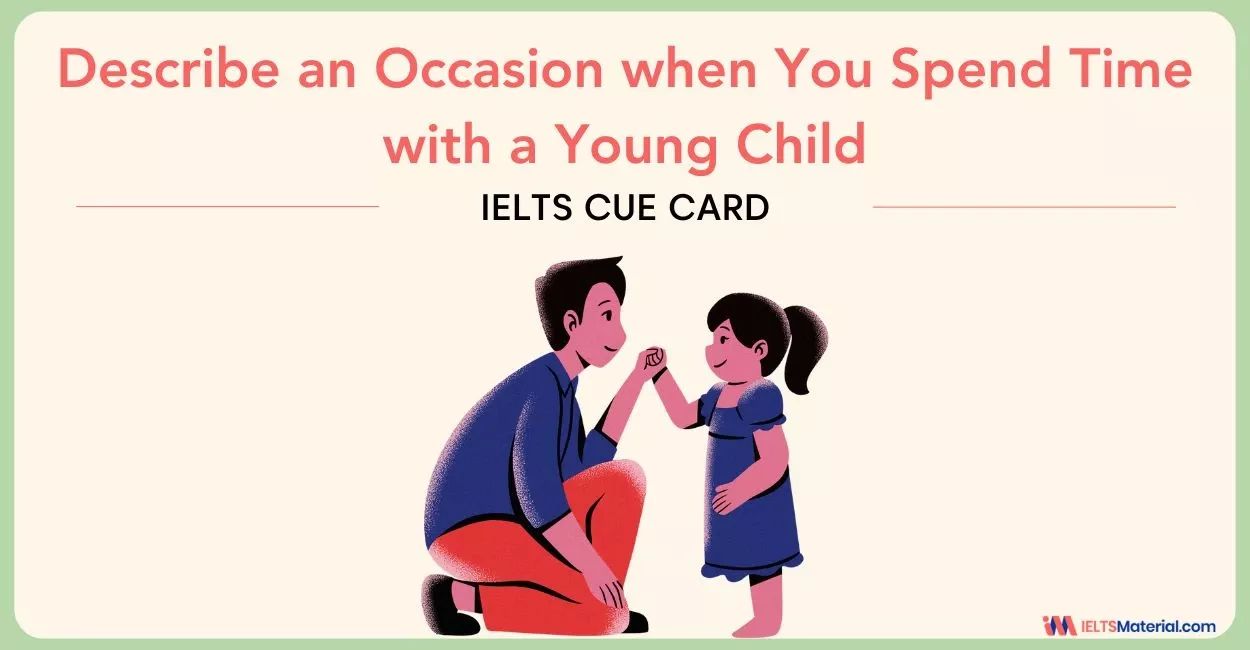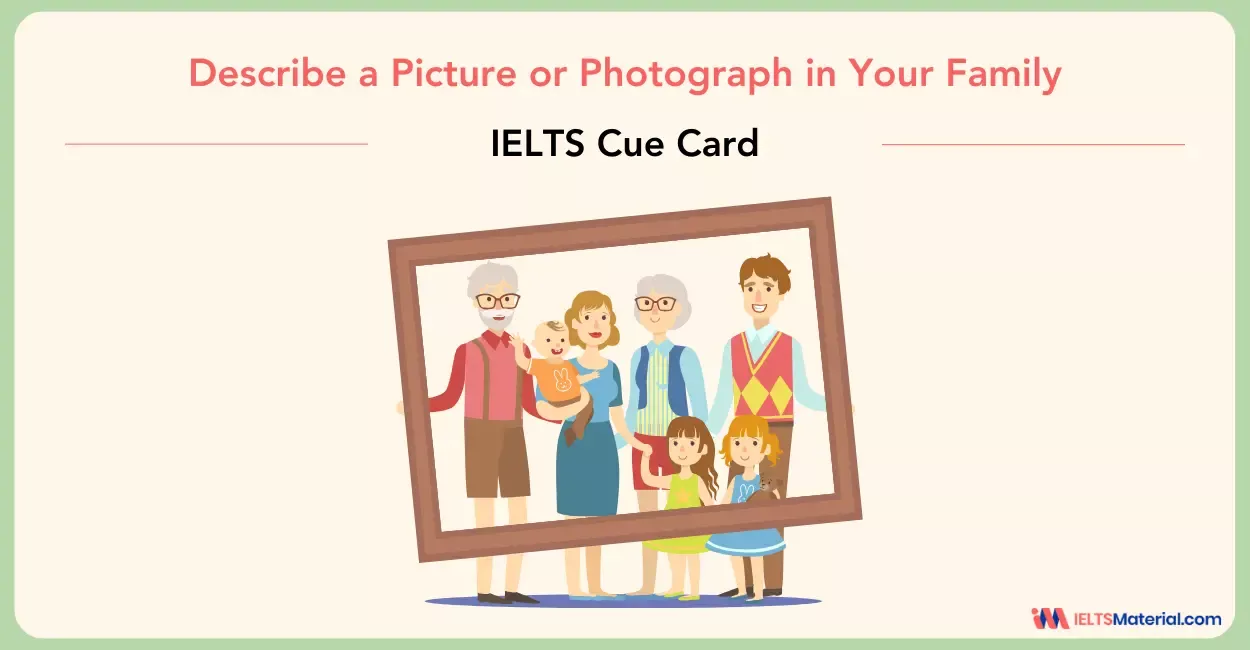Describe Life in a Particular Period of History – IELTS Cue Card Sample Answers
7 min read
Updated On
-
Copy link
Get ready to practice the Describe Life in a Particular Period of History IELTS cue card to boost preparations for your target band score. Find Part 2 model answers and relevant vocabulary here that will guide you in framing your Band 9 answers.
Table of Contents
- Describe Life in a Particular Period of History IELTS Speaking Part 2 Question & Sample Answers
- Describe Life in a Particular Period of History – IELTS Cue Card Sample Answer 1
- Describe Life in a Particular Period of History – IELTS Cue Card Sample Answer 2
- Describe Life in a Particular Period of History – IELTS Cue Card Sample Answer 3
- Vocabulary for Describe Life in a Particular Period of History IELTS Cue Card

Limited-Time Offer : Access a FREE 10-Day IELTS Study Plan!
History is not just about dates and events. It is a reflection of how people lived, evolved, and contributed to the society we know today. So, when preparing and answering the IELTS cue card, Describe Life in a Particular Period of History, it is important to not only focus on facts but also reflect on the everyday life, culture, values, and innovations of that era.
In this post, you will not only learn how to prepare a cue card for IELTS Speaking on similar topics through the three IELTS cue card samples, supported by relevant vocabulary to guide you frame Band 9 answers.
Describe Life in a Particular Period of History IELTS Speaking Part 2 Question & Sample Answers
In the IELTS Speaking Part 2, describing life in a particular period of history allows you to share opinions and emotions while showcasing your vocabulary and fluency. You will get some time to brainstorm and prepare for the given topic before you are allowed to speak during the actual exam.
Describe life in a particular period of history.
You may say
- What is the age of the historical era?
- Description of that particular age.
- The characteristics and significance of that age.
Now check out the three Band 9 Sample Answers prepared by IELTS experts on the topic, Describe Life in a Particular Period of History, along with vocabulary to boost your speaking preparation.
Describe Life in a Particular Period of History – IELTS Cue Card Sample Answer 1
- What is the age of the historical era?
Human civilization has evolved countless times over the course of history. We as a species have experienced global environmental, social and political changes throughout different eras. The way humans approach life has also altered considerably. Today, technology has become an inherent part of human life. We cannot imagine our daily lives without smartphones, laptops, or televisions. However, there was a time when such devices were considered a novelty. An age I would like to talk about is the 20th century.
- Description of that particular age.
The 20th century mainly ranges from the 1900s to the late 1990s. During this period, the entire world was experiencing remarkable changes. The 20th century was dominated by global events that shaped the modern era. Events like the Spanish flu pandemic, World War I and World War 2, and several other monumental events occurred in this century. Humankind achieved stupendous feats in space exploration, decolonization, technological advances, nuclear weapons, and many other fields.
- The characteristics and significance of that age.
Life was uncomplicated and straightforward compared to present times in the 20th century. This age witnessed global-scale events and civilization-altering inventions. However, civilian life was quite simple. It was only during the late 20th century that technology developed to such an extent that it became a household necessity. The 20th century is often considered the transformative era where society transitioned to a technologically dependent civilization. Apart from technological advancements, there were revolutionary changes in international law, intergovernmental relations, and the ecological structure of the world. There was tremendous progress in communication technology, digitalization, and mass media. The present degree of ease and comfort we enjoy due to the aid of technology was possible due to the astounding achievements in every field accomplished in the 20th century.
Shy to speak? Book a FREE Demo to boost your Speaking now! Sign Up!
Describe Life in a Particular Period of History – IELTS Cue Card Sample Answer 2
- What is the age of the historical era?
We have heard about the evolution of human civilization and about how humans changed their household lives from the stone age to the Iron age. There is a chronological chart for the evolution of humans. I want to describe all about one particular period, the Neolithic age. At this age, humans had learned how to live a healthy and happy life.
- Description of that particular age.
During the Neolithic age(10,000-4,500 BCE), humans knew how to hunt animals with hunting tools, making fire tools, and domesticating animals. They started to make carts with wheels for agriculture and travel. During this period, they had got the idea to start their kingdom. Before the start of the Iron age, the contemporary Guptas had started their kingdom between (6000- 5000 BC). In the pre-Neolithic age, they started to make decisions to divide society into different classes. There were lower, upper, and lower-middle and upper classes. There is much archaeological evidence of the Neolithic age that we can see in museums. We can also get historical pieces of information from rock carvings and paintings on the walls of some famous architecture of the Neolithic age.
- The characteristics and significance of that age.
There were some main characteristics that we should remember about the development of the Neolithic age. Cultural advancement is one of them. Humans started to make pots and utensils with clay and mud; domestication and civilization were integral parts of civilization. People of this age had first started to settle their communities in Anatolia and Mesopotamia, later in Europe.
Grab Our 4.5+ Rated Speaking Ebook Now to Level Up! Buy Now!
Describe Life in a Particular Period of History – IELTS Cue Card Sample Answer 3
-
What is the age of the historical era?
One of the most remarkable periods in human history is the Renaissance, which lasted roughly from the 14th century to the 17th century. Originating in Italy and later spreading across Europe, the Renaissance, meaning ‘rebirth’, was an era of immense cultural, artistic, political, and economic transformation. It served as a bridge between the Middle Ages and modern history.
-
Description of that particular age.
Life during Ashoka’s reign was notably advanced and people-oriented. The administration focused heavily on public welfare by building hospitals, rest houses, clean water systems, and roads for better connectivity. Ashoka’s edicts, which were carved onto stone pillars and rocks across the empire, spoke of ethical governance, respect for all religions, compassion towards animals, and justice for every citizen. Economically, the empire prospered through agriculture and trade, and cities like Pataliputra became thriving cultural and commercial hubs. Education, art, and architecture flourished under a stable and benevolent rule, making the Mauryan Empire one of the most admired civilizations of its time.
-
The characteristics and significance of that age
Personally, I find life during this era deeply inspiring because it demonstrates that true leadership is based on compassion, ethics, and service rather than on power and conquest. Emperor Ashoka’s efforts to promote moral living and religious tolerance left a lasting impact, not only in India but across Asia through the spread of Buddhism. Even today, symbols like the Ashoka Chakra on the Indian national flag serve as reminders of the values of righteousness and peace that he championed. Learning about this golden period of history motivates me to believe that positive change, even after great conflict, is always possible.
Related Cue Cards
Let's take a look at some recent IELTS cue card topics from the list of IELTS cue cards for topic – life, similar to Describe Life in a Particular Period of History.
- Describe a Typical Day in Your Life When You Were a Child – IELTS Cue Card Sample Answers
- Describe a Success in Your Life – IELTS Cue Card Sample Answers
- Describe a Life-Changing Experience You Have Had – IELTS Cue Card
- Describe an Invention that has Changed People’s Life – IELTS Cue Card
Vocabulary for Describe Life in a Particular Period of History IELTS Cue Card
To improve your score, we've provided some latest IELTS speaking vocabulary to boost your score used in the examples above; use these words in your ‘Describe Life in a Particular Period of History’ response.
|
Word |
Meaning |
Example Sentence |
|---|---|---|
|
countless |
too many to be counted; very many |
She has received countless letters of support. |
|
inherent |
existing as a natural or basic part of something |
Flexibility is inherent in the design of the device. |
|
novelty |
the quality of being new, original, or unusual |
The novelty of the idea attracted everyone's attention. |
|
monumental |
very big; of great importance or lasting significance |
The team achieved a monumental victory. |
|
transitioned |
to change from one state or condition to another |
She transitioned from a student to a professional seamlessly. |
|
astounding |
very surprising or shocking |
The magician's performance was truly astounding. |
|
chronological |
arranged in the order in which events happened |
The events were listed in chronological order. |
|
archaeological evidence |
physical remains of past human activities studied by archaeologists |
The archaeological evidence sheds light on ancient civilizations. |
|
architecture |
the art and practice of designing and making buildings |
The city's architecture reflects its rich history. |
|
integral |
necessary and important as a part of a whole |
Regular exercise is an integral part of a healthy lifestyle. |
|
edicts |
an official order or proclamation issued by a person in authority |
The emperor issued edicts to maintain order in the empire. |
|
ethical |
relating to beliefs about what is morally right and wrong |
The company is known for its ethical business practices. |
|
compassion |
a strong feeling of sympathy and sadness for the suffering or bad luck of others and a wish to help them |
She was filled with compassion for the injured animals. |
|
benevolent |
kind and helpful |
He was a benevolent leader who cared deeply for his people. |
|
left a Lasting Impact |
to have a significant and enduring effect |
Her speech left a lasting impact on the audience. |
|
righteousness |
morally right behavior or the quality of being morally right |
He was admired for his unwavering righteousness. |
|
championed |
to support, defend, or fight for a person, belief, or principle |
She championed the cause of environmental conservation. |
To sum up, when preparing for a topic like ‘Describe Life in a Particular Period of History’, it’s important to not only focus on facts but also reflect on the everyday life, culture, values, and innovations of that era. So, as you practice the provided topic using the carefully prepared sample responses, remember to use diverse words, communicate your views concisely and follow the correct IELTS grammar rules.
Useful Links:
- Recent IELTS Topics in IELTS Speaking Tests 2025
- What to do if you forget what to say during a Speaking Test?
- IELTS Speaking Vocabulary - 30 Academic Words that will Help you Score IELTS Band 9 (Part 1)
- How to Express Your Mixed Feelings in IELTS Writing & Speaking?
- Self-Introduction for IELTS Speaking Test: A Complete Guide
- 5 Best Podcasts for English Learners
- How to Organize Your Responses on the IELTS Speaking Exam?

Start Preparing for IELTS: Get Your 10-Day Study Plan Today!
Explore other Speaking Part 2 Topics

Kasturika Samanta

Kasturika Samanta

Kasturika Samanta
Recent Articles

Haniya Yashfeen

Kasturika Samanta

Nehasri Ravishenbagam






Post your Comments